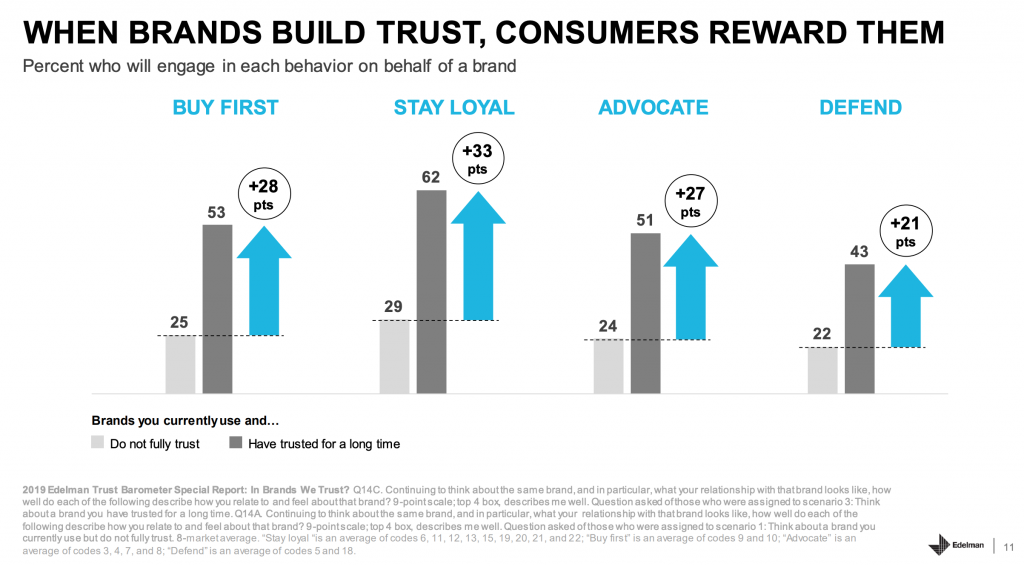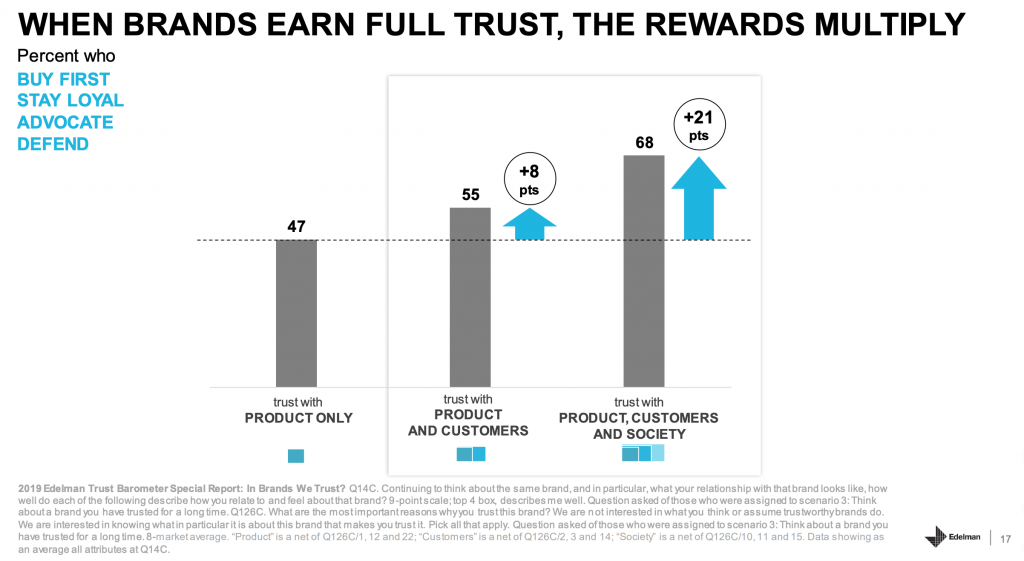When selling online, info products share similarities with other types of products, but they’re also deeply different.
By nature they’re personal, hand-crafted, have low barriers to entry, and they describe how to solve a problem or achieve an outcome rather than actually achieving an outcome.
A common path for personal brands
You start creating content, cultivate subject matter expertise, develop a perspective, and build your list in the process.
Ideally, all the while you are using your audience as reference points to make sure you’re on the right track, which requires engagement, building relationships, being helpful, and working on contributing things that matter not just to you, but your audience as well.
At some point you sell something to your audience. Ideally you have enough of a pulse on your audience that you see a big problem an info product is a perfect fit for solving.
When you take this road, you actually have to cover three dimensions to get to a successful launch:
- personal trust
- launch execution (trust required)
- product validity (trust required)
Personal trust
The personal trust stuff is becoming increasingly important. In fact, its the reason we want to work with more personal brands and less companies.
People are generally more trustworthy than companies. They’re less susceptible to doing things in their self interest when its not in the interest of their users.
And they have more control so they’re able to walk their talk.
People have feelings. Companies don’t.
Trust is also becoming increasingly important [Edelman Trust Barometer Report]. The short version of the most recent survey results:


A couple other highlights:
- Only 34% trust most of the brands they buy or use.
- 81% say, “I must be able to trust the brand to do what’s right.”
- 67% agree, “unless I come to trust the company behind the product, I will soon stop buying it”
- 53% agree, “Every brand has a responsibility to get involved in at least one social issue that does not directly impact its business”
- Relatability nearly 2x as important as popularity as a quality that attracts people to influencers
If I had to put together a short list of characteristics that inspire trust, it’d be people believe you:
- are a subject matter expert: on the content you create and products you’re selling
- are in the same tribe: share their social values
- are congruent: this one is tough, people are complex
- are transparent: maybe no discounts for some segments, but not for others
- will do the right thing: put customers over profit, apologize after mistakes
- are likable: care about developing relationships with audience members
If trust in brands at level of product, experience, and social values means 68% of people will buy that brand first, stay loyal, advocate for your brand, and defend it, I wonder what percentage of people will have that level of loyalty when they trust you as a person.
